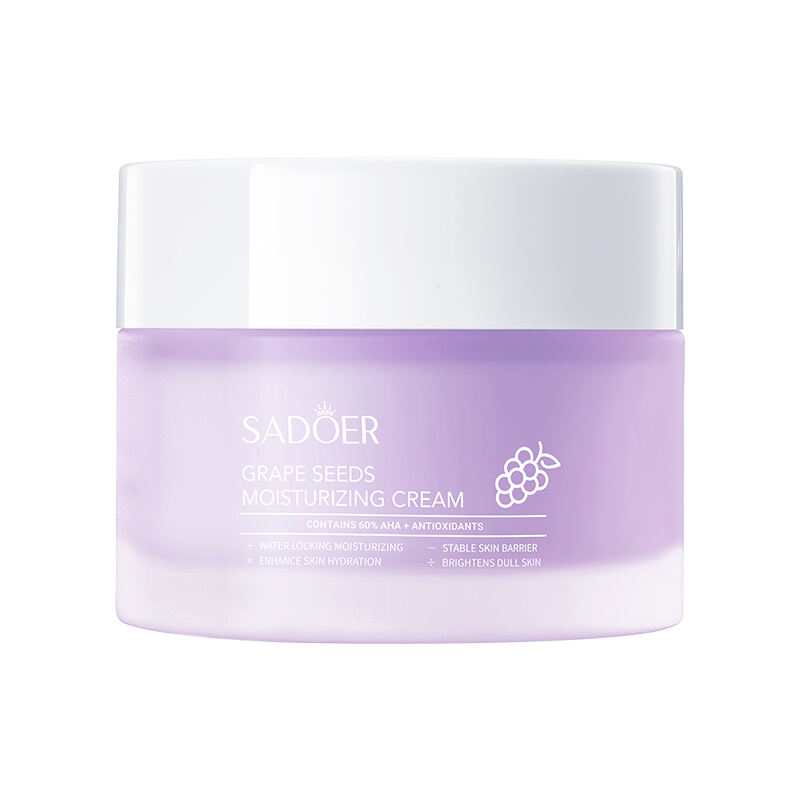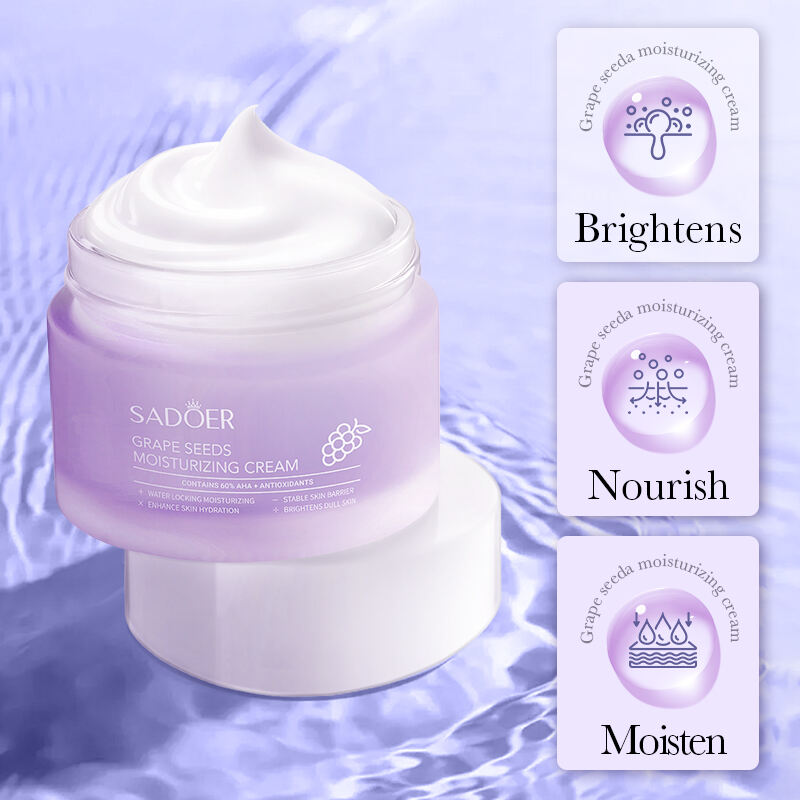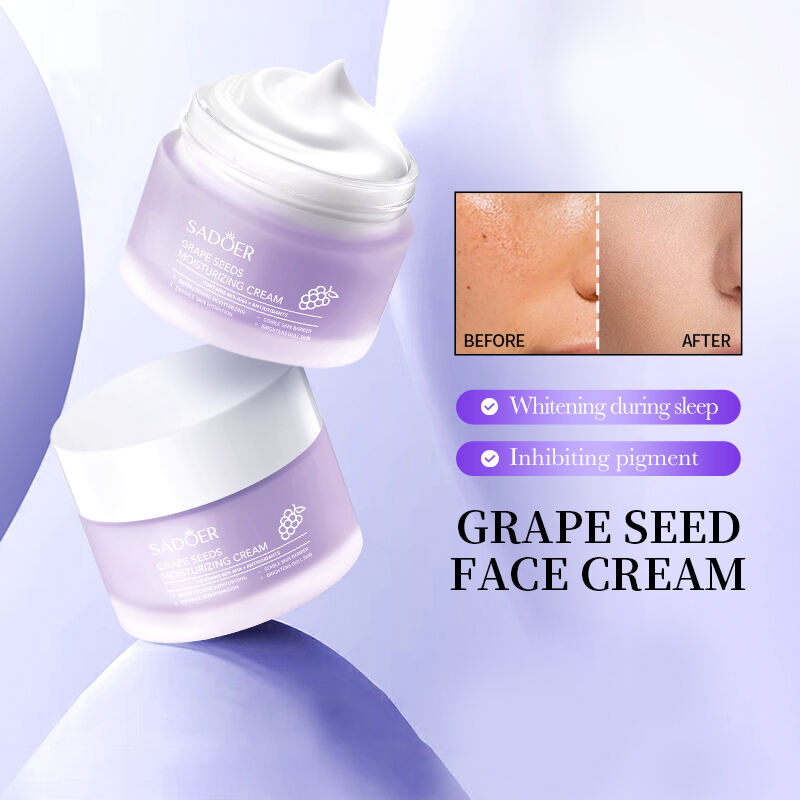Una crema idratante per pelli sensibili è un prodotto per la cura della pelle formulato appositamente per fornire un'adeguata idratazione riducendo al minimo il rischio di irritazioni, una considerazione fondamentale per i tipi di pelle soggetti a arrossamenti, prurito o fastidio. La pelle sensibile reagisce spesso negativamente a ingredienti aggressivi, profumi, conservanti o additivi chimici eccessivi, rendendo quindi essenziale la composizione di una crema idratante specifica per pelli sensibili. Tali creme presentano generalmente una lista (semplificata) di ingredienti, concentrandosi su componenti delicati e ipoallergenici che leniscono e proteggono senza provocare reazioni. Gli ingredienti chiave in una crema idratante per pelli sensibili includono frequentemente le ceramidi, che aiutano a riparare e rafforzare la barriera naturale della pelle, prevenendo la perdita di idratazione e proteggendo da irritanti esterni. Estratti di aloe vera e camomilla sono anch'essi comuni, grazie alle loro proprietà antinfiammatorie che calmano la pelle irritata e riducono gli arrossamenti. Inoltre, l'acido ialuronico è spesso incluso per attrarre e trattenere l'umidità, offrendo idratazione senza appesantire né ungere. Una crema idratante per pelli sensibili è solitamente priva di profumi, coloranti e alcol, tutti elementi potenzialmente irritanti per la pelle sensibile. Può anche essere sottoposta a test rigorosi, come test dermatologici, per confermare la sua adattezza a pelli sensibili, garantendo che soddisfi severi standard di delicatezza. La texture di una crema idratante per pelli sensibili è spesso leggera ma ricca abbastanza da assicurare un'idratazione duratura, con un rapido assorbimento che non lascia residui che potrebbero ostruire i pori o causare ulteriori irritazioni. L'utilizzo regolare di una crema idratante per pelli sensibili aiuta a mantenere l'equilibrio di idratazione della pelle, riducendo la probabilità di arrossamenti e favorendo un aspetto più tranquillo e confortevole. Prioritizzando l'idratazione e il supporto alla barriera cutanea ed evitando possibili irritanti, una crema idratante per pelli sensibili svolge un ruolo fondamentale nel preservare salute e comfort della pelle delicata, assicurandole l'apporto di umidità necessario senza compromettere la sua sensibilità.


